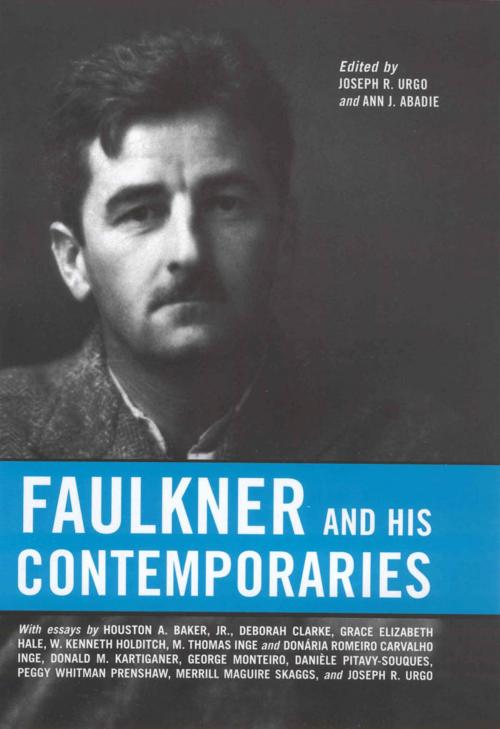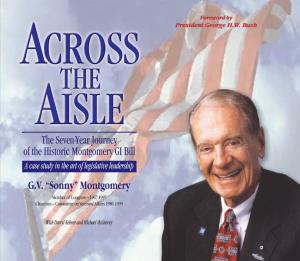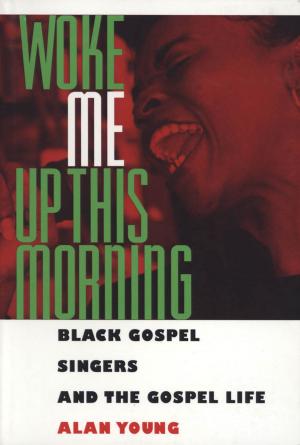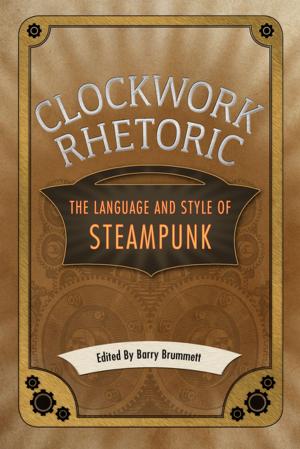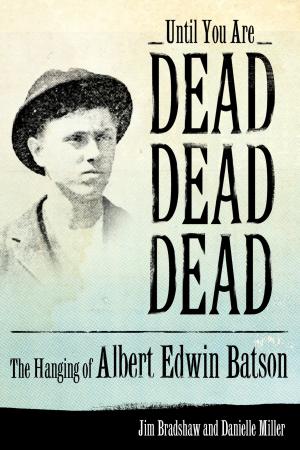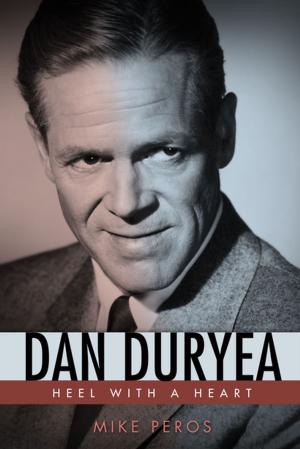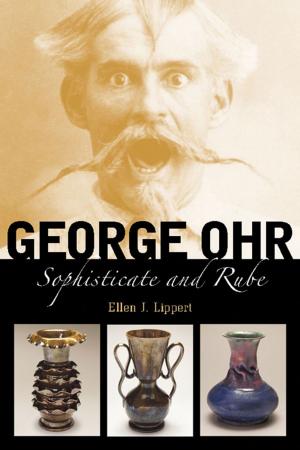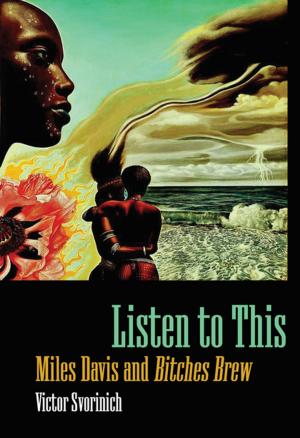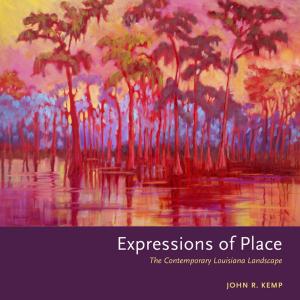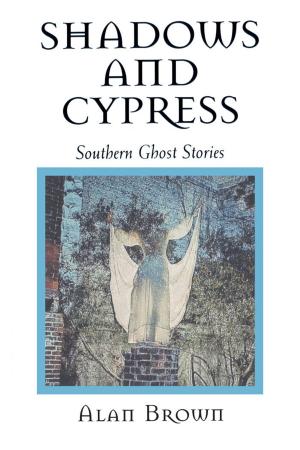| Author: | ISBN: | 9781604730586 | |
| Publisher: | University Press of Mississippi | Publication: | October 15, 2004 |
| Imprint: | University Press of Mississippi | Language: | English |
| Author: | |
| ISBN: | 9781604730586 |
| Publisher: | University Press of Mississippi |
| Publication: | October 15, 2004 |
| Imprint: | University Press of Mississippi |
| Language: | English |
Although he spent the bulk of his life in Oxford, Mississippi-far removed from the intellectual centers of modernism and the writers who created it-William Faulkner (1897-1962) proved to be one of the American novelists who most comprehensively grasped modernism. In his fiction he tested its tenets in the most startling and insightful ways.
What, then, did such contemporaries as Ernest Hemingway, Eudora Welty, and Walker Evans think of his work? How did his times affect and accept what he wrote?
Faulkner and His Contemporaries explores the relationship between the Nobel laureate, ensconced in his "postage stamp of native soil," and the world of letters within which he created his masterpieces.
In this anthology, essays focus on such topics as how Faulkner's literary antecedents (in particular, Willa Cather and Joseph Conrad) influenced his writing, his literary/aesthetic feud with rival Ernest Hemingway, and the common themes he shares with fellow southerners Welty and Evans.
Several essays examine the environment in which Faulkner worked. Deborah Clarke concentrates on the rise of the automobile industry. W. Kenneth Holditch shows how the city of New Orleans acted as a major force in Faulkner's fiction, and Grace Elizabeth Hale examines how the civil rights era of Faulkner's later career compelled him to deal with his ideas about race and rebellion in new ways.
Joseph R. Urgo is chair of the English department at the University of Mississippi. His many books include In the Age of Distraction, from the University Press of Mississippi.
Ann J. Abadie is associate director of the Center for the Study of Southern Culture at the University of Mississippi, and co-editor of publications in the Faulkner and Yoknapatawpha Series.
Although he spent the bulk of his life in Oxford, Mississippi-far removed from the intellectual centers of modernism and the writers who created it-William Faulkner (1897-1962) proved to be one of the American novelists who most comprehensively grasped modernism. In his fiction he tested its tenets in the most startling and insightful ways.
What, then, did such contemporaries as Ernest Hemingway, Eudora Welty, and Walker Evans think of his work? How did his times affect and accept what he wrote?
Faulkner and His Contemporaries explores the relationship between the Nobel laureate, ensconced in his "postage stamp of native soil," and the world of letters within which he created his masterpieces.
In this anthology, essays focus on such topics as how Faulkner's literary antecedents (in particular, Willa Cather and Joseph Conrad) influenced his writing, his literary/aesthetic feud with rival Ernest Hemingway, and the common themes he shares with fellow southerners Welty and Evans.
Several essays examine the environment in which Faulkner worked. Deborah Clarke concentrates on the rise of the automobile industry. W. Kenneth Holditch shows how the city of New Orleans acted as a major force in Faulkner's fiction, and Grace Elizabeth Hale examines how the civil rights era of Faulkner's later career compelled him to deal with his ideas about race and rebellion in new ways.
Joseph R. Urgo is chair of the English department at the University of Mississippi. His many books include In the Age of Distraction, from the University Press of Mississippi.
Ann J. Abadie is associate director of the Center for the Study of Southern Culture at the University of Mississippi, and co-editor of publications in the Faulkner and Yoknapatawpha Series.
